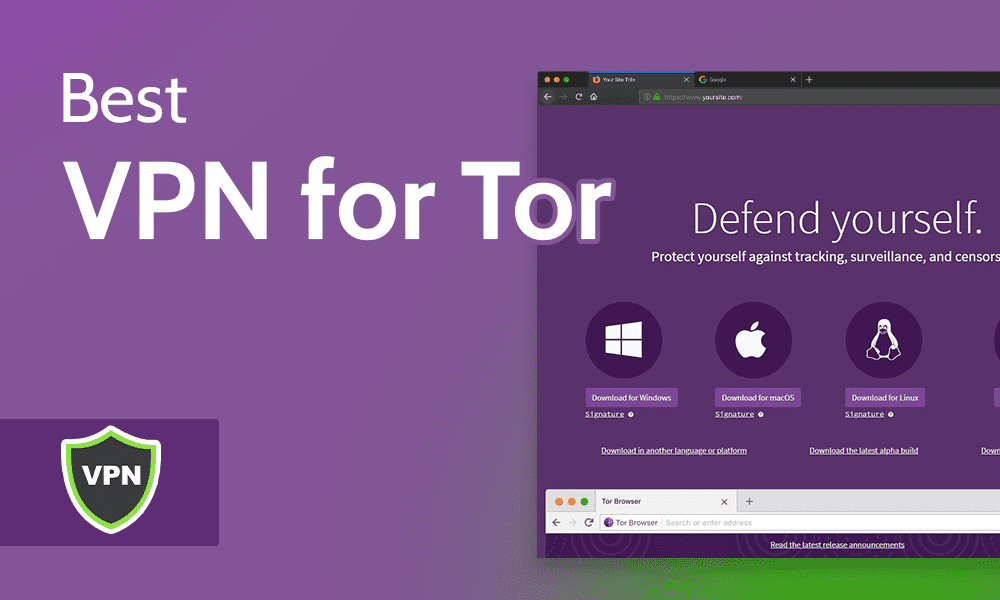Featured
Table of Contents
Difference Between Tor And Vpn
The creators describe Tor as software application that assists protect you online. It's a free tool that many personal privacy nuts use. When you utilize the Tor Internet browser, it redirects your web traffic through the Tor network of volunteer servers spread around the globe. Each connection bounces through 3 servers before reaching the designated location.
Helps bypass geoblocking and censorship: if some site is obstructed in your country, Tor can allow you to access it. Your connection can just be as fast as that of the slowest node.

Many Tor users would have to wait 3 times as long to download something. As Tor operates on a volunteer network, you can't know if your data isn't being intercepted.
Tor Vs Vpns - Anonymity Vs Privacy
Bad for accessing specific geoblocked material: it's hard to access geoblocked material that is only offered in a single nation. Random node selection suggests you can't really manage the country where your exit node and the IP service checks out will be. Limited accessibility to websites: some daily sites block Tor network connections.
Having the ability to select what server you'll link to, only routing information by means of a single server, and having the company look after the servers ensures that the VPN connection is nearly as fast as using unguarded internet. Nevertheless, this method is more costly to keep. Great web speed: because VPNs just bounce your signal by means of a single server, your connection is much quicker.
This permits Tor to guarantee that none of the servers know both the sender of the information and its location, while a VPN warranties much better speed and an actual choice of server. Notably, a VPN can offer a multiple-server feature. For example, Dynamic Multi, Hop allows Surfshark VPN users to choose 2 servers to path their data through.
Using Tor Vs. Vpn For Anonymous Browsing
If your internet traffic links to the VPN server before the Tor network, the VPN server spoofs your IP. That suggests that even if the Tor entry node is jeopardized, the interested party will not be able to get your IP address.
As long as you have a relied on VPN service provider, using the Tor web browser with a VPN might be a worthwhile compromise. Tor and VPNs are privacy tools with comparable purposes.

Tor is more secure for sharing delicate details or anything else that might put you at risk. However overall, it's primarily for browsing it's sluggish and not matched for downloading files or streaming. A VPN, on the other hand, is much quicker. It can also use the exact same levels of security and privacy if you have a good and relied on service provider.
Vpn Vs Proxy Vs Tor: Learn The Key Differences In 2023
Tor will secure the Spotify website but not the app, while a VPN will encrypt both. Kind of. Tor runs your information through numerous layers of file encryption simultaneously, while VPN providers generally only use one layer. Still, Tor only secures the traffic that goes through the web browser itself.
Yes. Tor conceals your IP when you are looking for something on Tor. It is essential to keep in mind, however, that this only uses to the browser itself. Any traffic that does not go through Tor will be exposed. Using a VPN with Tor can lead to web speed slowdowns: You are routing data via four servers; The VPN server and the Tor entry server might be located far apart.
VPN is better for streaming, downloading, and other day-to-day usages. In other words, the distinction is that Tor routes your web traffic through 3 random servers and secures it three times, VPN routes it by means of a single server of your choice and secures it as soon as, and a proxy simply routes your traffic through a single server.
Tor Vs. Vpn: Which Should You Choose?
No matter why you desire to stay incognito online, you're most likely to pick a Virtual Private Network (VPN) or Tor web browser. These are 2 of the most popular options among those concerned about protecting their digital identity. But if you are seeking to pick one, which is the most ideal? To put it simply, Tor is best for those transferring sensitive information.
So let us assist you decide which one is finest. Here, we'll look into the following problems. Table of contents Tor and VPN are tools utilized to remain anonymous online. These two carry out similar however various functions. The Tor web browser is a totally free, open-source project enabling you to browse the web anonymously.
Yes, the name sounds ridiculous, however the concept behind it is brilliant: the Tor web browser network is constructed of layers upon layers of independent nodes run by Tor users. A VPN assists you secure your online personal privacy by producing a protected connection to any network or server over the internet.
Tor Vs. Vpn: What's The Difference + Which Is Safest?
The essential distinction between Tor and a VPN is that there are multiple VPN tools and provider available but just one Tor web browser network. Tor depends on a decentralized layer of independent nodes to transfer data securely, while VPN software links to a main server to supply a secure VPN tunnel.
Latest Posts
The 6 Best Vpn Stocks To Buy Right Now For August 2023
Best Vpn According To Reddit In 2023
Best Vpn Services Of 2023